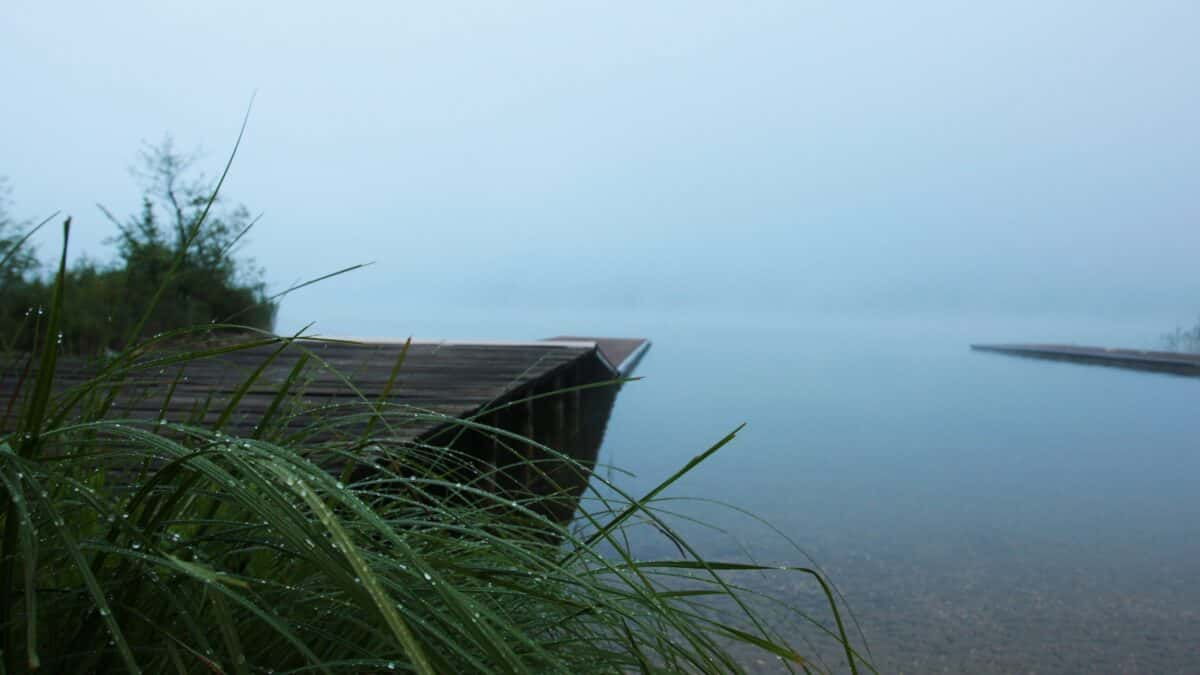
26 Feb 2015
Rowing looks to meet water challenges
Taking on the challenge of combating polluted water will be one of the most important projects for the 21st century, says Orr. His presentation pointed out how businesses, organisations and the public sector can work together to support and ensure an equitable supply of water and, more importantly, clean water for all users.
Orr used the presentation as an opportunity to highlight the strategic partnership for Clean Water between WWF and World Rowing and its most recent initiative. The partnership, formed in 2011, has developed into a working relationship that is currently looking at the creation of a joint project that could have a positive impact on water quality and water management strategies worldwide.
Together, World Rowing and WWF plan to build a centre for water research and rowing. The plan is to bring scientists, local business, local communities and the rowing community together to better understand the demands and the realities of clean water as a precious but limited resource. Details of this project will be announced at the beginning of this year’s World Rowing season.
While Orr acknowledged that some enthusiasts for clean water may be opposed to bringing the private sector on board, Orr said that the engagement of the private sector will be paramount in the success of world water management. “We must ensure that we do not suggest that industry or agriculture is the problem – more part of the solution.”
“We have to start to think about collective action and we must create a space for companies to feel they have a place to come to the table. This is what the WWF and World Rowing research centre will accomplish,” says Orr. “These partnerships push us together to achieve collective action.”
Any single body of fresh, clean water is already sought after by many different groups, says Orr. Whether they be flora, fauna, industry, agriculture, municipalities or just those who like to row. Thus rowers have a unique opportunity – even an obligation to step up and lead the discussion on vital solutions for clean water.
Present at the lecture was Olympic gold medallist and water scientist, Andrew Triggs Hodge and 2013 Parmigiani Spirit Award winner and Oxford University rower, James Cook.
“Tonight’s talk with Stuart Orr highlighted a lot of the challenges faced by the private sector which WWF is helping to address, such as opening companies’ eyes to the impacts they are having, informing them of future water-related risks such as investment and unsustainable production and more,” says Triggs Hodge. “The relationship between WWF and World Rowing is really opening that door. It is showing a new type of action-oriented partnership between a sport’s governing body and a major environmental organisation and how it can have a major impact on water usage and water resource management while helping to develop our sport.”
“If we can provide more opportunity for people around the world to row, combine that with a facility where we can test, research and better-understand water management , I think that’s really important, both for the sport and for clean water,” says Cook.
WWF is the world’s largest and most respected independent nature conservation organisation, with more than 5 million supporters and a network active in more than 100 countries across all continents. Since its creation in 1961, it has maintained a constant record of success. Today, WWF runs about 1,300 projects around the world at any one time and employs more than 5,400 people worldwide. WWF’s mission is to stop the degradation of the planet’s natural environment and to build a future in which humans live in harmony with nature.
As Orr aptly pointed out in his discourse, “It is impossible to separate human growth and development from water or from health. Polluted water kills.”

